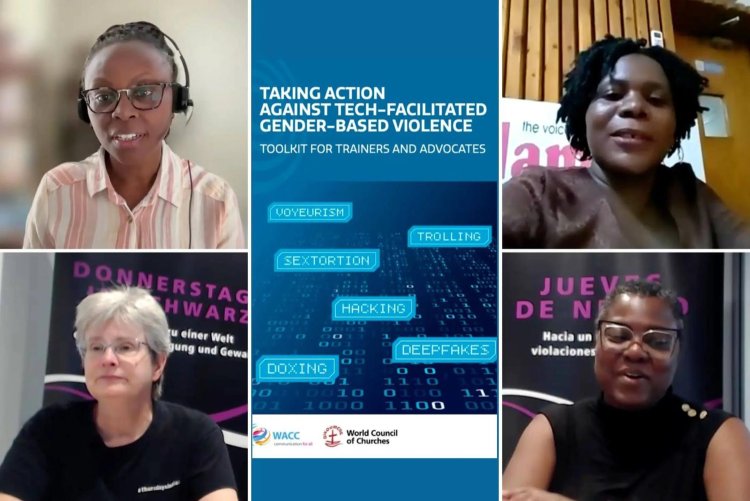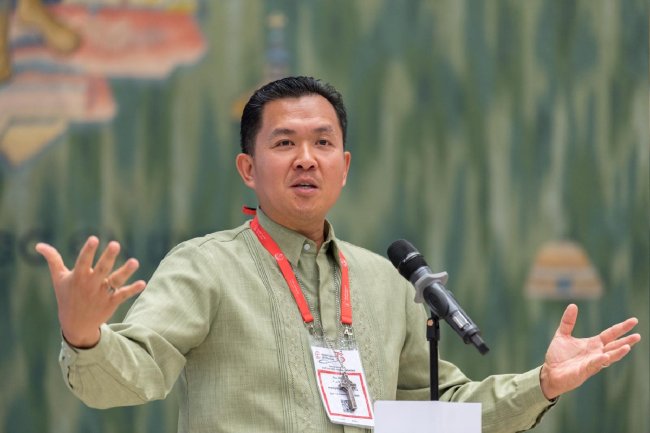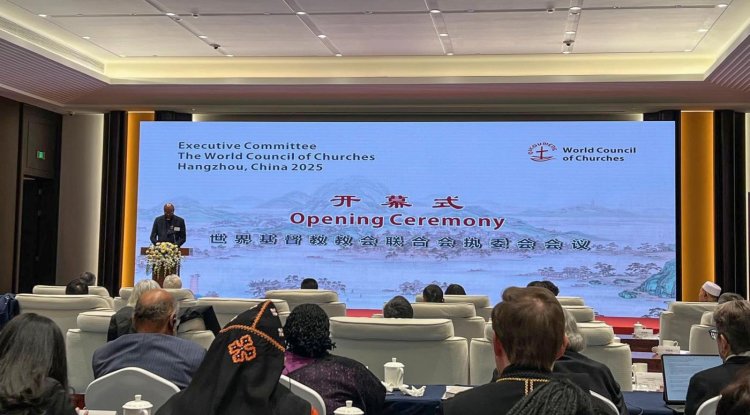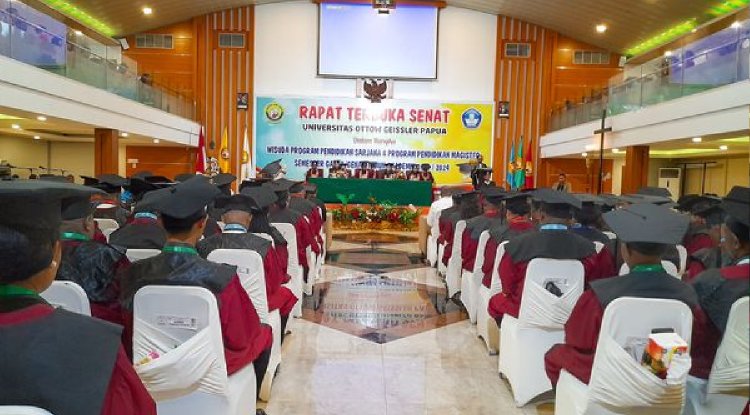NEW TOOLKIT LAUNCHED TO ADDRESS TECH-FACILITATED GENDER-BASED VIOLENCE

On September 12, 2024, the World Council of Churches (WCC) and the World Association for Christian Communication (WACC) launched a new toolkit designed to tackle technology-facilitated gender-based violence. Titled "Taking Action Against Tech-Facilitated Gender-Based Violence," this toolkit aims to provide practical guidance for trainers and advocates to raise awareness and address gender-based violence occurring in the digital world.
During the online launch event, Rev. Nicole Ashwood of WCC emphasized that technology-facilitated gender-based violence is a global issue that does not discriminate by race, class, or nationality. "We are all at risk. This violence has serious consequences that we need to address together," she stated.
Sarah Macharia of WACC noted that technology-facilitated gender-based violence is the most pervasive form of human rights violation on the internet. She highlighted that its impacts are wide-ranging, affecting political, social, and psychological aspects. "This violence often leads to the withdrawal and silencing of women in digital spaces," Macharia said.
The toolkit is based on the methodology of WACC’s Global Media Monitoring Project (GMMP), which has been in use for over 25 years. This methodology enables the collection of valuable data in the social media sphere, which is crucial for informing evidence-based policies and action plans.
Joan Sanyu Nankya from the Uganda Media Women’s Association shared practical insights on how social media monitoring can help build gender-focused digital literacy. Her recent project monitored the social media accounts of 40 women journalists, politicians, and activists to identify misogynistic comments and posts. The results revealed numerous instances of sexist stereotypes and derogatory remarks about women.
Sara Speicher, WACC’s deputy general secretary, explained that the toolkit aims to change attitudes and practices related to technology-facilitated gender-based violence. Toolkit users will receive training in social media monitoring, evidence gathering, and advocacy at both local and global levels.
As part of this global initiative, WACC and WCC invite everyone to participate in building a gender-focused social media observatory. Speicher also encouraged participants to download the toolkit and register for a virtual training session on October 2 to deepen their understanding of the new social media monitoring methodology introduced in the resource.
What's Your Reaction?





















